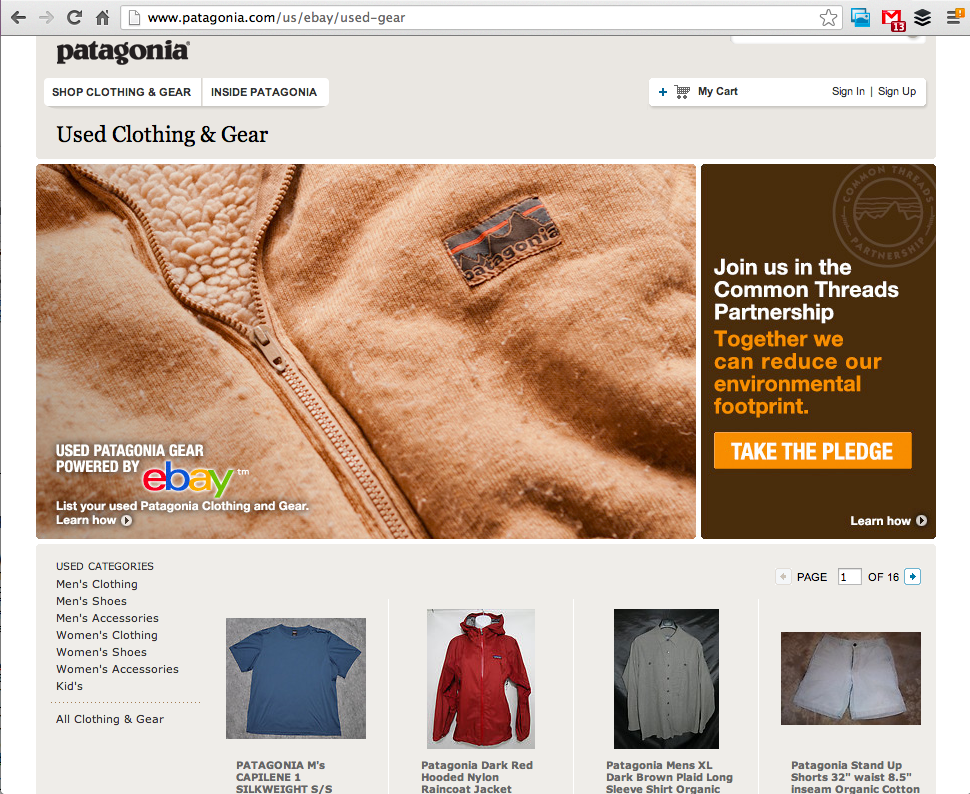危 wēi danger
The evolution of Patagonia into a clothing company began in the 1970s, when Yves Chouinard, then a world-class mountain climber and a designer of mountaineering equipment, started importing durable shirts and trousers for his climber friends to wear. Soon thereafter, Patagonia began designing its own line of clothes and its sales soared, it had become a fashion brand. Given its focus on the environment and outdoors living surely Patagonia was stuck between a rock and a hard place – forever stay small or increase sales and be branded a hypocrite by Chouinard’s climber friends that had supported the brand initially?
机 jī opportunity
Incredibly, Patagonia has managed to grow while staying true to its environmentalist ideals. In fact, it’s used its scale to maximise its positive impact on the planet, even if that might be bad for short-term sales. For example, its “Footprint Chronicles” exhaustively catalogues the environmental damage done by the company. Chouinard takes responsibility for every item Patagonia has ever made, promising either to replace it if the customer is dissatisfied, repair it (for a reasonable fee), help resell it (Patagonia facilitates exchanges of used clothes on its website), or recycle it when at last it’s no longer wearable. In fact through its partnership with eBay the Patagonia Used Clothing Store Patagonia has helped put nearly 42,000 Patagonia products back into circulation. Last November, Patagonia even took out a full-page ad in the “New York Times” with the headline “Don’t Buy This Jacket.” Below a picture of the fleece jacket in question, the ad listed how much water was wasted and carbon emitted in the course of its construction. These initiatives have clearly served as effective branding, cementing its credibility with environmental conscious consumers. In fact, Chouinard believes that the ad and these other initiatives have boosted Patagonia sales — not driving more overall consumption, but rather stealing existing market share from his competitors.
How About:
- Can you facilitate the exchange of your product or service between your customers even if it erodes short-term sales – perhaps shrinking the market but growing your market share?
- Can you be transparent about the areas of your business that you see as your Achilles’ heal – creating a social contract to improve them?
—
Read more on this story from WSJ here

